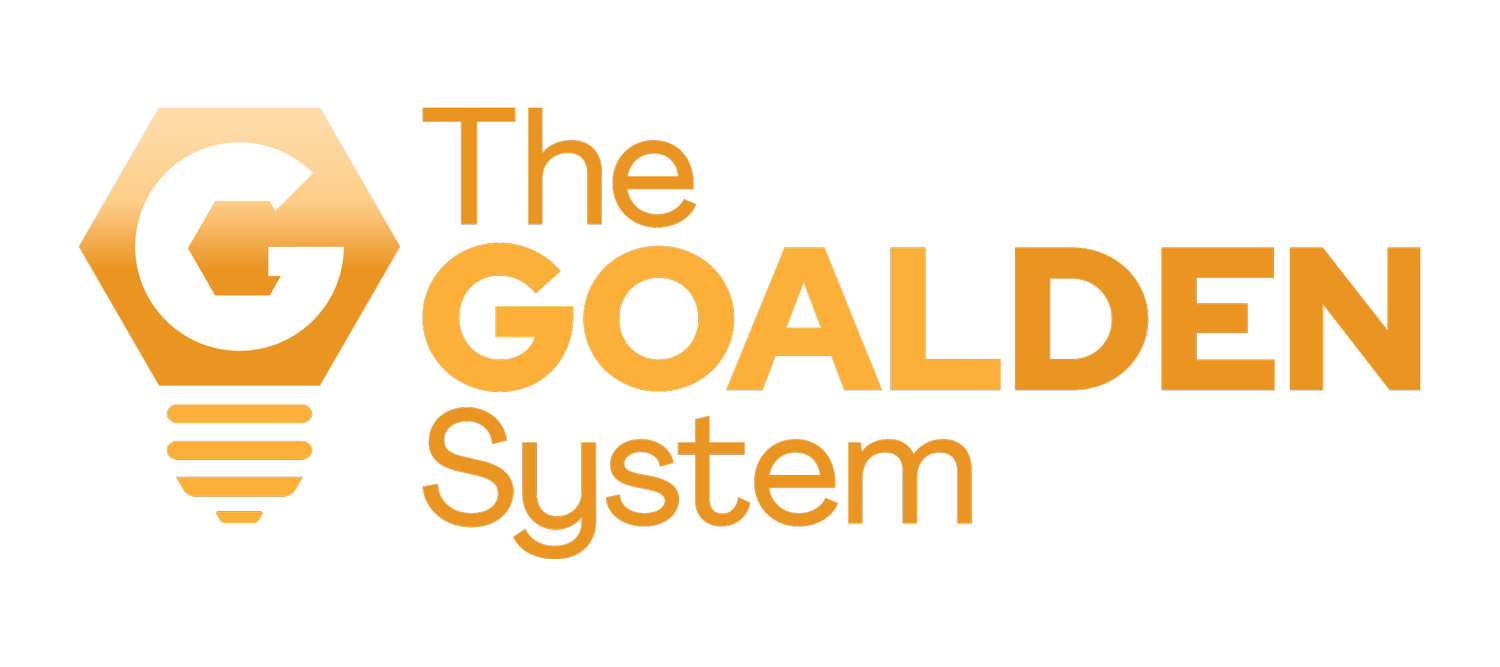How do EF Skills Help on the Quest for More Self-Care?
Self-care is a term that is growing in popularity. While the definition does vary a bit depending on who you talk to, the main point is that the activities you are partaking in must help promote health and happiness. This means that tasks such as taking a shower or eating lunch are basic human needs, not self-care. It’s important to define self-care for yourself, but please make sure you reference the questions, “Is this a basic human need?” and “How is this activity promoting my overall well being, health, and happiness?”
What goes into developing a well-executed system for self-care? Learning what executive function skills are and developing a system that works for you means that you are creating a goal, determining what your reality is, and gathering options in order to move forward. Below you will find executive function skills and how they relate to creating a system for self-care, as well as guiding questions to help develop a sustainable plan.
Time Management → Ensuring that you have a system in place that will allow you the time needed to practice self-care.
What is an optimal time to practice self-care? *Remember to choose a time that gives you the uninterrupted space to slow down.
Planning → Building a plan and knowing when you can complete self-care help have an intentional space for your activity.
What specifically will I do for myself during my set times?
Prioritization → With so many things going on in a given day, it’s important to have the ability to prioritize what is a need vs. a want. While it may seem as though self-care is a want and not a need, the truth is that it is a necessary part of having a well-balanced life and taking care of yourself.
What is your “why”? Why is self-care worth prioritizing?
Task Initiation → We all know that sometimes motivation is lacking and we put off completing different tasks. Having strategies to initiate tasks, such as self-care, grants us the ability to continue moving forward, even when the path is a little bumpy and motivation is waning.
What will I do if I’m feeling unmotivated?
Cognitive Flexibility → Life happens and that usually involves a good amount of pivoting from the original plan. Incorporating self-care into your routine is no exception, as plans will sometimes need to change.
What is the backup plan? (Focus on what you CAN do if you need to pivot, rather than not completing any self-care activities.)
Harnessing these executive function skills grants you the opportunity to enhance your self-care routine and ensure that you are focusing on your overall well-being.
Can’t I just implement self-care without the above reflective practices? In order to implement a sustainable system, you need to have things laid out. Our brains are wired to enjoy knowing what’s coming up, as it gives us the opportunity to decrease barriers that stand in the way.
Executive function skills are things that we use every day, whether that be in hope of creating a better balance or developing self-care routines. You deserve to practice self-care and experience the benefits of implementing these actions into your everyday life.

